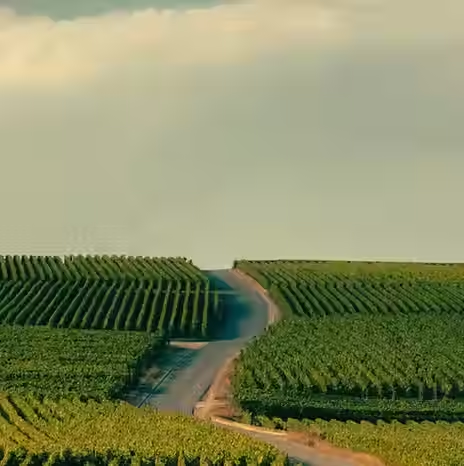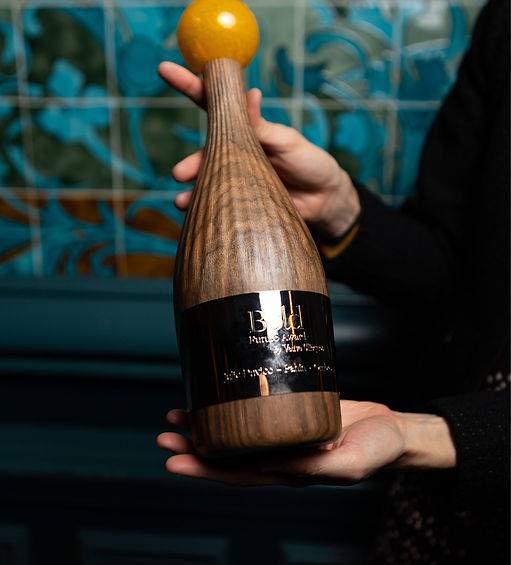
The History Of Veuve Clicquot
The Veuve Clicquot House: a legacy of audacity
Founded in 1772 in Reims, Veuve Clicquot has embodied excellence and innovation in the world of champagne for over two centuries. Behind this iconic name lies a visionary woman: Barbe-Nicole Ponsardin, widowed at the age of 27, who took over the reins of the house with a boldness rare for her time.
A pioneer at heart, Veuve Clicquot revolutionized the world of champagne by inventing the riddling table, a technique that refined the clarity of wines and laid the foundations for modern champagne. Under her leadership, the House became an international benchmark, notably thanks to its famous Brut Carte Jaune cuvée, recognized worldwide.
Today, Veuve Clicquot continues to cultivate this spirit of excellence, combining respect for the Champagne terroir with innovation and creativity. Each bottle is an invitation to celebrate boldness, elegance, and the French art of living.

250 years of know-how
Foundation of the Maison Clicquot
Coming from a family of bankers and textile merchants, Philippe Clicquot owned vineyards and "founded a wine business under the Clicquot brand." From its inception, the House's ambition was to "cross borders."


Filing of the first yellow label
The House innovated further by adding a label in a unique color to its bottles. The design for the yellow "V. Clicquot P. Werlé" label was registered on February 12, 1877. Customers clamored for this original and remarkable label, which would become one of the main hallmarks of the House's bottles.



